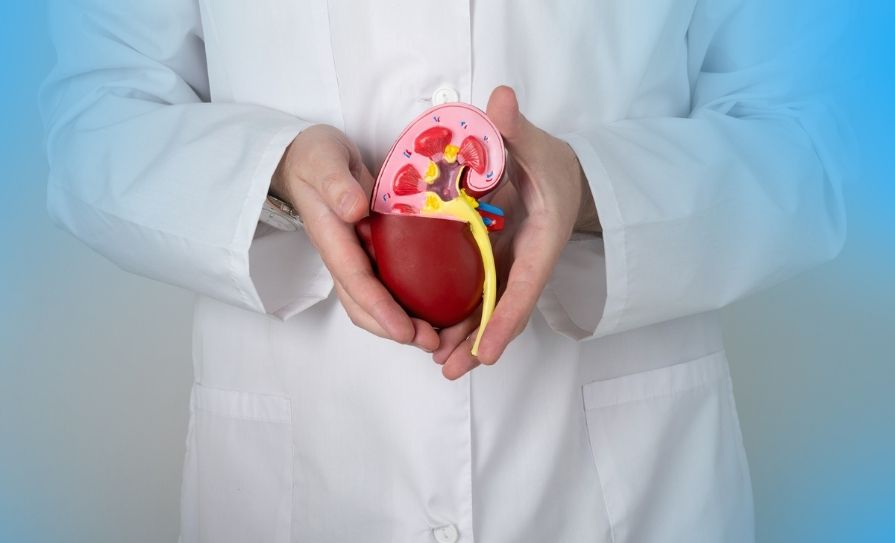The directive aims to protect the pharmaceutical supply chain from counterfeit medicines and introduces new EU-wide rules to provide for greater regulation of the supply chain.
From 9 February 2019, prescription medicines sold in the EU will need to carry a unique identifier (UI) and anti-tampering device (ATD).
All healthcare institutions and hospitals must be ready to “decommission” from this date.
The HSE is currently seeking a provider to help it adhere to the new rules and implement a “decommissioning solution to enable a healthcare institution to verify the authenticity of each pack of prescription medicines delivered prior to dispensing to patients”.
“It is envisaged that the level of usage of the Decommissioning Solution may start off low in February 2019 and rise during the remainder of the year, in line with the number of FMD-compliant packs entering the supply chain,” according to tender documents released by the HSE.
“In order to secure the legal supply chain of medicinal products, the Falsified Medicines Directive 2011/62/EU (FMD) and Commission Delegated Regulation (EU) 2016/161 (DR) have introduced a new end-to-end verification system for medicinal products. The end-to-end verification is a medicines authentication system including mandatory safety features and a repository that stores information on each individual pack.”
Irish hospitals will need to verify the safety features on prescription medicines and decommission the unique identifier before supply to the patient, according to the HSE.
“Considering that hospitals receive large volumes of medicinal products which are administered to the patient at ward level, decommissioning may take place at any time the medicine is in the physical possession of the hospital, as long as no sale takes place between delivery and supply,” stated the Executive.












Leave a Reply
You must be logged in to post a comment.